AIS in Maritime Collision Avoidance
In the dynamic realm of maritime navigation, safety is paramount, and collision avoidance stands as a crucial aspect of ensuring secure voyages. The Automatic Identification System (AIS) emerges as a game-changer in this pursuit, revolutionizing collision avoidance strategies. This blog post aims to unravel the intricacies of AIS, its functionality, benefits, limitations, and the pivotal role it plays in enhancing maritime safety.
What is Automatic Identification System (AIS)?
AIS Overview
Automatic Identification System (AIS) is a globally adopted navigation technology that enables vessels to broadcast and receive real-time information about their identity, position, speed, and course. The system enhances situational awareness by facilitating communication between nearby vessels and shore stations.
Class A and Class B AIS Transponders
Class A AIS transponders are mandatory for vessels exceeding 300 gross tons or those engaged in international voyages. Class B AIS transponders, while not mandatory, are popular among smaller vessels and recreational boats. Both classes contribute to collision avoidance by broadcasting essential information.
How Does AIS Work for Collision Avoidance?
Vessel Identification
AIS enables vessels to continuously broadcast their identity, aiding in the identification of nearby ships. This real-time information exchange significantly reduces the risk of collisions by providing a comprehensive view of the maritime environment.
Collision Warning and CPA
Closest Point of Approach (CPA) and Time to Closest Point of Approach (TCPA) are crucial parameters calculated by AIS. These metrics offer vessels advanced warning of potential collisions, allowing for timely course adjustments and collision avoidance maneuvers.
Benefits of AIS in Enhancing Safety
Increased Situational Awareness
AIS contributes to heightened situational awareness by providing a comprehensive picture of vessel movements in the vicinity. Mariners can make informed decisions based on real-time data, minimizing the risk of collisions.
Streamlined Traffic Management
AIS supports efficient traffic management by enabling vessels to navigate through busy waterways with enhanced coordination. Ports and authorities can use AIS data to optimize vessel movements, reducing congestion and enhancing overall safety.
Limitations and Challenges of AIS
Signal Range and Obstructions
AIS signals are limited by the line-of-sight principle. Tall structures, geographic features, or adverse weather conditions can obstruct signals, potentially limiting the effectiveness of AIS for collision avoidance in certain scenarios.
Over-Reliance and Cybersecurity
Over-reliance on AIS without complementing it with other navigation methods poses risks. Additionally, cybersecurity concerns, such as AIS data manipulation, highlight the need for a holistic approach to maritime safety.
Integrating AIS with Other Navigation Systems
Radar Integration
Combining AIS with radar data enhances collision avoidance capabilities. Radar provides additional information on vessel movements and potential obstacles, complementing AIS data for a comprehensive navigation strategy.
Electronic Chart Display and Information System (ECDIS)
Integrating AIS with ECDIS allows vessels to visualize AIS data on electronic charts. This integration streamlines decision-making, offering a visual representation of the maritime environment.
Importance of AIS in Maritime Safety
In conclusion, the Automatic Identification System (AIS) stands as a linchpin in the pursuit of maritime safety, especially in collision avoidance. Whether you are exploring Class A AIS transponders or considering Class B options, www.tecomart.co offers a range of AIS solutions to meet your vessel’s needs. The integration of AIS with other navigation systems represents a holistic approach to maritime safety, ensuring vessels navigate the seas with heightened awareness and efficiency.

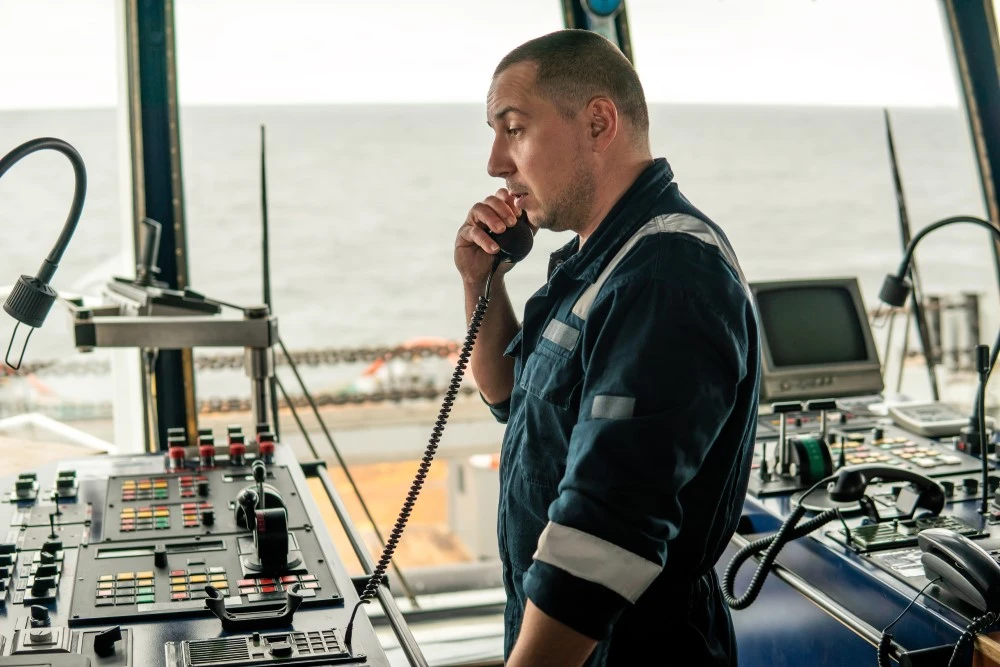
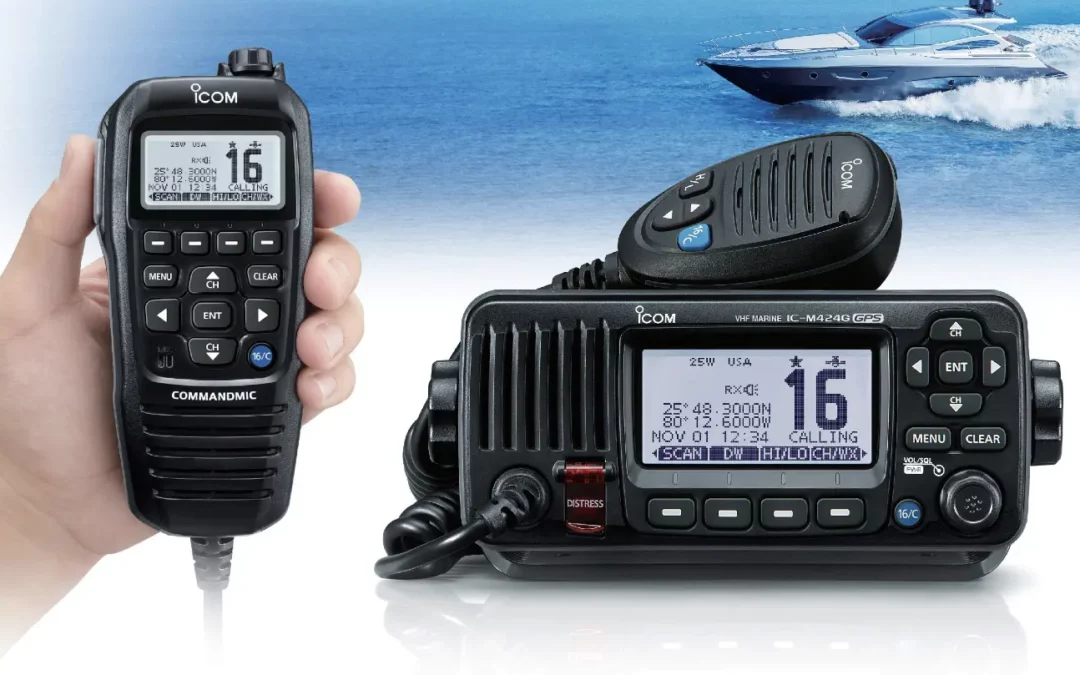
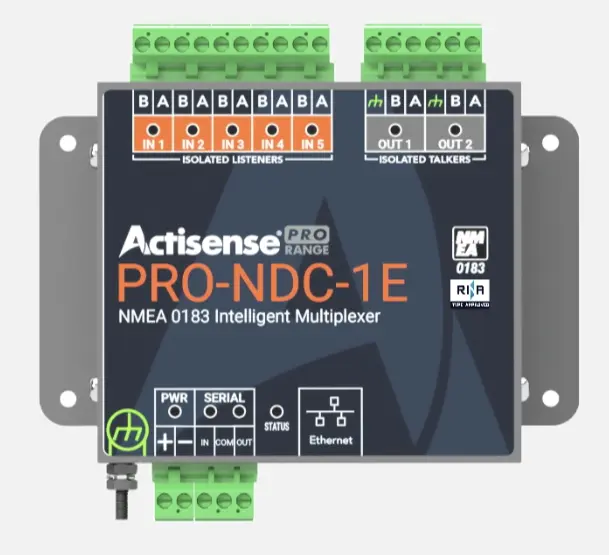
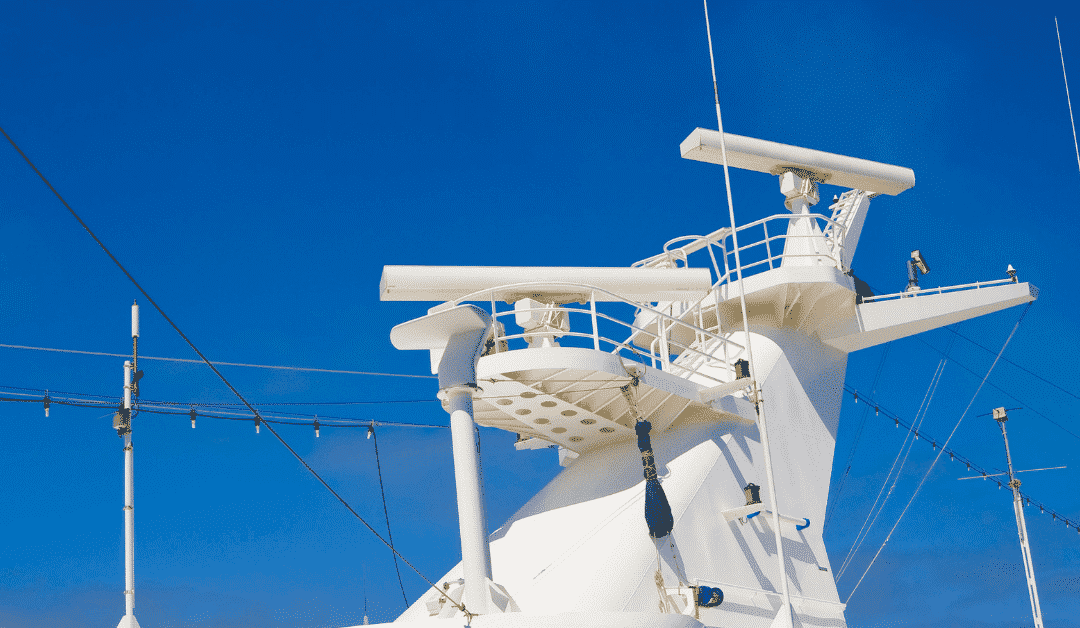
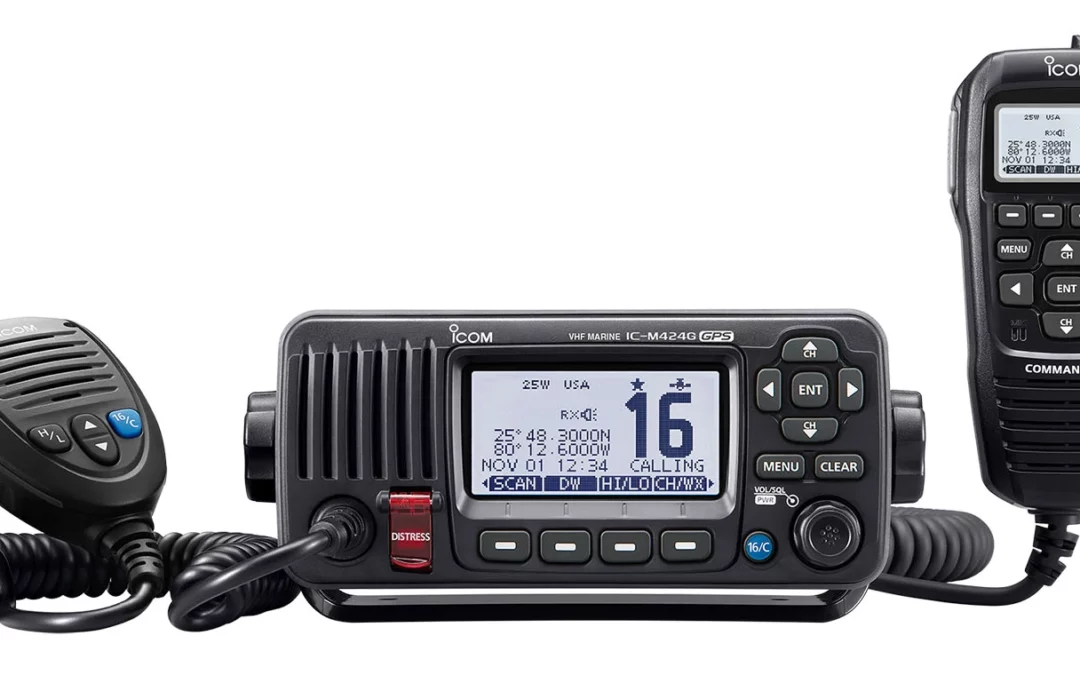

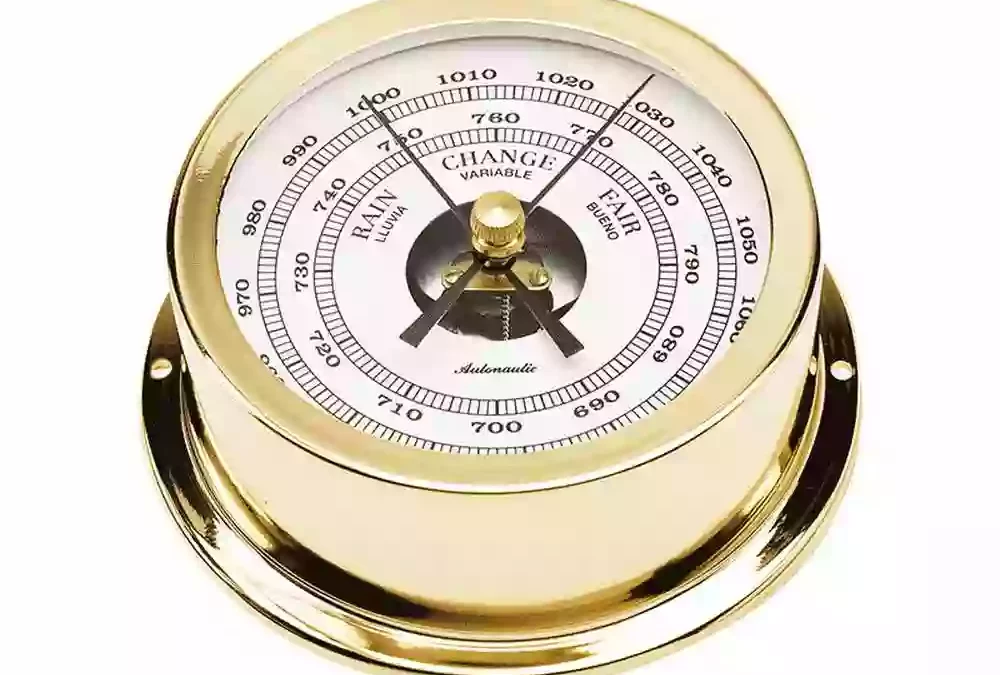
0 Comments